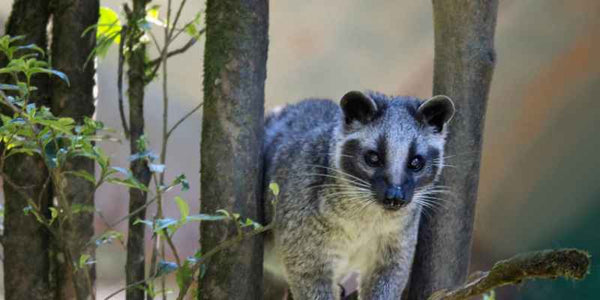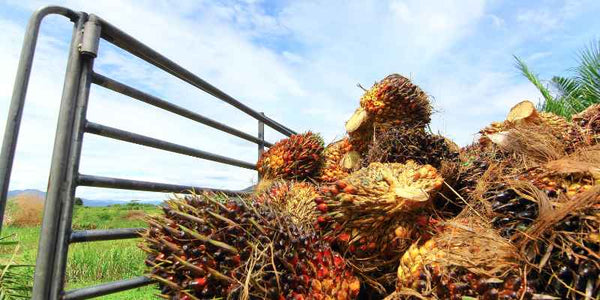
Palm oil production can have negative impacts on the environment, particularly in terms of deforestation and loss of biodiversity. The clearing of land for palm oil plantations often results in the destruction of habitats for endangered species and contributes to climate change through the release of carbon stored in the trees and soil. Additionally, the monoculture of oil palms can lead to reduced soil fertility and increased use of pesticides and fertilizers. It's also important to consider that palm oil is a major ingredient in many consumer goods, so it's important to read the label of products to look for sustainable and responsibly sourced palm oil.
Palm Done Right is ready to set the record straight
Palm oil is critical in balancing the softness that sunflower oil and olive oil provide. It is necessary to produce a stable and hard soap bar that lasts through repeated uses without sacrificing overall quality, and user experience, or incorporating undesirable ingredients into the soap bar. Our soaps and personal care products exclusively use organic palm oil that is grown and harvested using only responsible and sustainable methods. Palm Done Right guarantees a wildlife-friendly, deforestation-free product that is 100% organic. Palm is great for cooking and is full of Vitamins A and E.
"Palm done right" refers to the sustainable cultivation of oil palms, which aims to minimize the negative environmental impacts of palm oil production while still meeting the growing demand for the product.
Some ways in which sustainable palm oil production can help
- Conserving biodiversity by protecting natural habitats and wildlife corridors
- Using agroforestry systems that integrate oil palms with other crops or trees to enhance biodiversity and carbon sequestration
- Implementing best management practices for soil and water conservation to reduce erosion, sedimentation, and chemical runoff
- Using integrated pest management techniques to reduce the use of pesticides
- Encouraging smallholder farmers to be part of the sustainable production process
- Implementing traceability and transparency in the supply chain to ensure that sustainable palm oil is being used.
When palm oil is produced in a sustainable way, it can provide economic benefits to local communities and help to meet the demand for this important commodity, without causing harm to the environment and wildlife.

How much wildlife has been saved by using palm done right oil?
For example, the Roundtable on Sustainable Palm Oil (RSPO), which is an international organization that sets standards for sustainable palm oil production, requires that members must not convert primary forests or areas that are important for the conservation of biodiversity, and that members must respect the rights of local communities and traditional land users.
Additionally, the High Carbon Stock (HCS) Approach, a tool to assess the carbon value of different land use types. It's been used by the palm oil industry to avoid deforestation by identifying areas that are high in carbon, and therefore, should be protected.
It's important to note
Sustainable palm oil is one of the many actions needed to be taken to conserve biodiversity, but it has a positive impact when implemented correctly.

How long must we use the sustainable palm to notice a change happening?
Final Thoughts:
Even when sustainable palm oil is being produced, it's not a magic solution, it's one of the many actions needed to be taken to conserve biodiversity and mitigate the negative impact of palm oil production. Also, it's important to consider the whole supply chain and the final use of palm oil.




